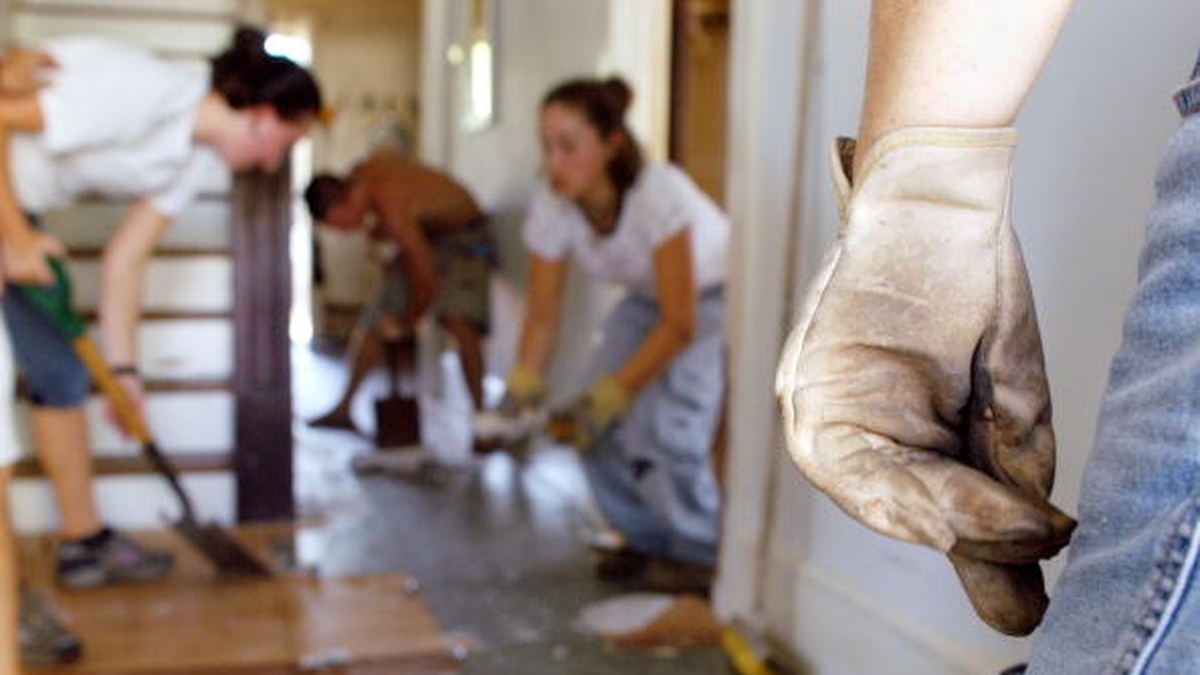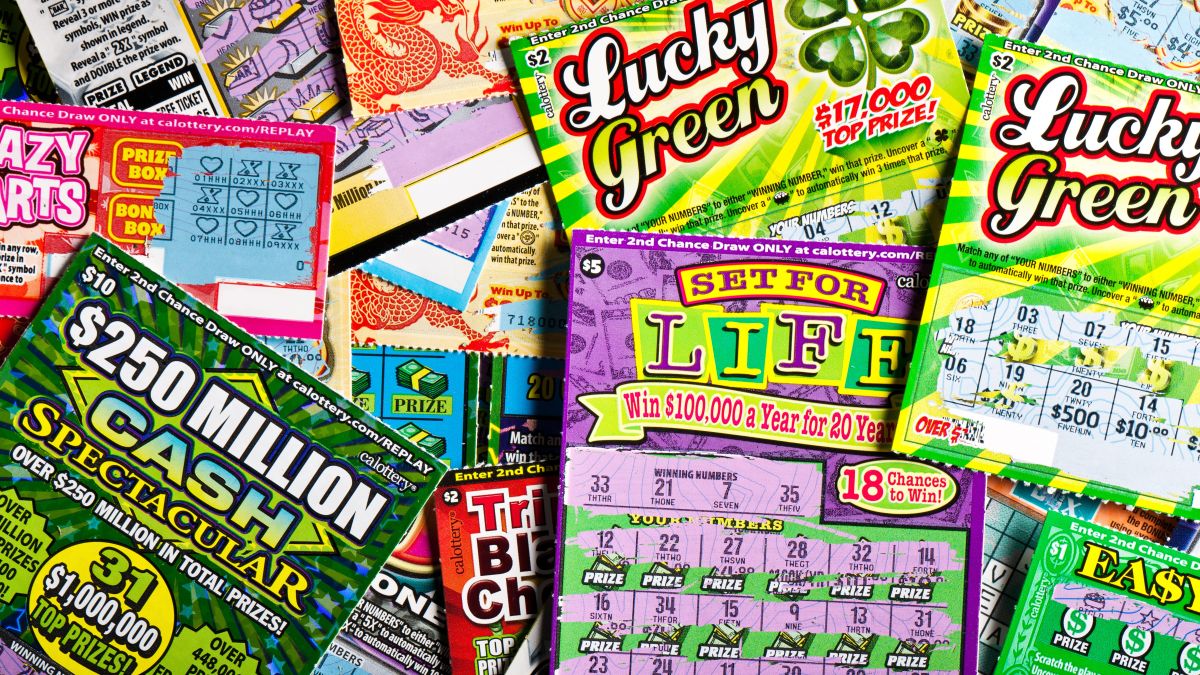Steel cups such as the Stanley or Yeti are all the rage at the moment and you either get it or you don’t. But one thing you definitely don’t want to get is lead poisoning. So do branded steel cups like the Yeti have lead in them? And should you be concerned?
Insulated steel cups have been around for over a century, but thanks to TikTok the product has seen a recent uptick in attention. This new popularity has seen companies like Stanley and Yeti quickly running out of stock, making them a must-have purchase
The trend doesn’t seem to be showing any sign of slowing down, and with summer around the corner we’ll likely be seeing even more of these cups. Of course, the rumor that there is a possibility of lead in the cups could put a stop to it, then again, people are so obsessed with these things it might not even make a dent in sales.
The Stanley cup debacle
Whilst tests done on the cups came back negative for the presence of lead on the surface, some people on TikTok have claimed that they have found evidence that the dangerous metal is in fact in some of these products.
Most of these videos are referring to Stanley cups, although both Stanley and Yeti products are pretty similar. Both are also FDA-approved and so would have been tested for toxic chemicals and metals such as lead. However, this doesn’t always mean the product is completely safe. When news first started spreading about lead in the cups Stanley had this to say:
Please rest assured that no lead is present on the surface of any Stanley product that comes into contact with you or the contents of your container.
For those who don’t know, lead is a neurotoxin, and is incredibly harmful to children, even leading to asthma. However, it’s also dangerous to adults too, causing high blood pressure, kidney damage and heart problems. The product used to be used in everything, ceramics, toys, cosmetics, pipes until the effects of lead poisoning were discovered and it was effectively banned everywhere.
But we don’t have to worry about any of that right? Well actually, it turns out there’s some truth to this rumor. Whilst it is unlikely that you’ll get lead poisoning just from drinking from these cups, unfortunately it’s not entirely impossible.
There’s no smoke without fire and it turns out Stanley cups do contain lead components, something which the company admits to. There is a section on the bottom which is supposedly sealed with lead solder and videos on TikTok seemingly confirm this as the tests come back positive for the presence of lead.
Are Yeti cups the same?
Whilst most videos talk about the Stanley cup, a quick search will show that the Yeti has the same lead component behind a similar stainless steel cover, it’s pretty much an industry standard thing to have on these things. Just like its more popular (but equally as dangerous) counterpart, the Yeti’s lead is protected by a stainless steel cover sealing the lead away and making it completely inaccessible.
And even if it is sealed, it’s still dangerous for a product to contain lead which is not disclosed to the customer. If the bottom of the cup is damaged a normal person wouldn’t necessarily stop using it straight away, so they’ll be exposing themselves to a dangerous substance without even knowing it.
Whilst the lead content doesn’t make these cups illegal to sell to adults, the presence of it would make it illegal for children. But the Yeti and Stanley’s are designed for adults, which means that they are technically doing nothing wrong, either way, it’s probably best to keep these away from any kids.
So in conclusion, Yeti cups are technically safe, until they aren’t (and the same goes for Stanley). Whilst there is lead within the cup, it’s completely sealed and so is not harmful to the person drinking. But if the cover breaks, then it’s possible the drinker will likely be exposed to lead, so if you were thinking about hopping on this particular trend, it might be safer to just sit this one out.











Published: Jan 24, 2024 06:28 am